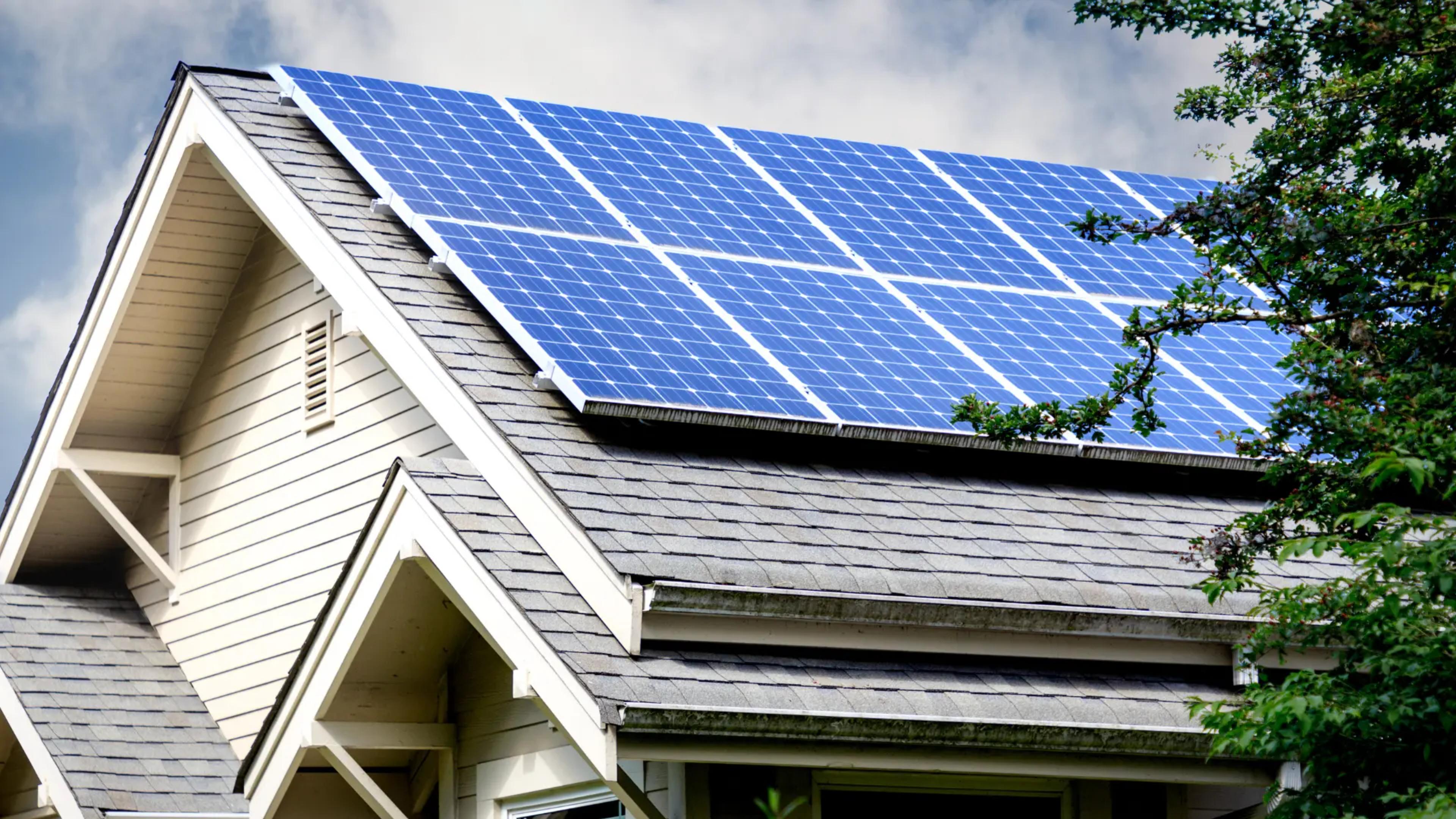The Future of Power: How Solar Power Is Shaping Tomorrow'S World
As the global power landscape develops, solar power emerges as an essential pressure driving this transformation. Recent technologies in photovoltaic modern technology and energy storage space are improving the efficiency and accessibility of solar energy, motivating a shift towards lasting methods across numerous industries.
The Rise of Solar Innovation
The increase of solar innovation has noted a substantial shift in the international power landscape, driven by developments in photovoltaic systems and energy storage space options. As the press for sustainable power resources intensifies, solar power has become a leading competitor due to its intrinsic benefits, including wealth, accessibility, and minimal ecological impact.
Recent technologies in photovoltaic panel effectiveness, such as the advancement of bifacial panels and perovskite products, have actually substantially boosted energy capture and conversion rates. These improvements enable solar installations to create more power from the very same quantity of sunlight, enhancing their practicality as a primary energy source. Furthermore, improvements in energy storage space technologies, such as lithium-ion batteries, have addressed the intermittency challenges related to solar power, enabling better assimilation right into power grids and giving trustworthy power also throughout non-sunny durations.
Furthermore, the reducing cost of solar innovation has made it increasingly obtainable to both residential and commercial industries - Simply Solar Illinois. Federal governments and organizations worldwide are spending in solar framework, identifying its potential to add to energy freedom and carbon decrease objectives. This momentum shows that solar innovation will remain to play a crucial function fit the future of energy
Financial Effect of Solar Energy
With the enhancing fostering of solar power, significant economic advantages are coming to be obvious across numerous industries. The solar industry has emerged as a major factor to task production, with millions of positions created in manufacturing, installation, and maintenance. These jobs usually use affordable earnings, promoting regional economies and decreasing unemployment prices.
In addition, solar power can result in minimized energy expenses for consumers and services alike. Simply Solar Illinois. By utilizing sunshine, houses and ventures can reduce their reliance on nonrenewable fuel sources, inevitably lowering energy bills. This cost-effectiveness is particularly advantageous for low-income family members, that might otherwise face energy destitution
Along with route savings, solar power promotes financial investments in infrastructure and technology. Governments and private entities are increasingly moneying solar jobs, driving advancement and enhancing power safety and security. This change not only diversifies power portfolios yet also brings in foreign financial investments, reinforcing nationwide economies.

Environmental Benefits of Solar Power
An expanding body of proof highlights the considerable environmental benefits of solar energy, positioning it as a crucial part in combating environment modification. Solar energy production significantly lowers greenhouse gas exhausts compared to nonrenewable fuel sources. By harnessing sunshine, solar panels produce electricity without releasing co2 or various other damaging pollutants, contributing to cleaner air and a much healthier setting.


The lifecycle of photovoltaic panels likewise shows environmental benefits; they are increasingly made for recyclability, reducing waste and advertising a circular economic situation. By investing in solar power, neighborhoods can lower their environmental impact while promoting sustainable techniques. In general, the change to solar power not only addresses power requires however also plays a critical duty in fostering ecological stewardship and strength versus climate modification.
Solar Power in Everyday Life
As solar energy innovation ends up being increasingly available, much more households and businesses are incorporating it right into their daily operations, transforming just how power is taken in. This combination is obvious in the expanding number of property photovoltaic panel installations, which make it possible for home owners to produce their very own electricity, minimize energy bills, and add to ecological sustainability.
In commercial setups, services are harnessing solar energy to power procedures, commonly taking advantage of federal government motivations and tax credit scores made to advertise renewable resource adoption. This change not only decreases functional costs yet also enhances corporate social responsibility by decreasing Read More Here carbon impacts.
Solar power is also affecting item advancement, with solar-powered home appliances and devices gaining appeal. Simply Solar Illinois. Items such as solar battery chargers for electronics, outside lights remedies, and also solar-powered lorries are becoming commonplace, highlighting the versatility of solar modern technology in day-to-day life
In addition, community solar jobs are arising, permitting individuals to share solar power resources, therefore making it obtainable to those that might not have appropriate problems for installation. In general, solar power read what he said is improving everyday energy intake routines, leading the method for a much more sustainable and energy-efficient future.
Future Trends in Solar Power

Additionally, the integration of power storage space remedies, such as innovative batteries, is set to boost the dependability of solar energy. By saving excess energy created during optimal sunshine hours, homes and businesses can make use of solar energy even when the sun is not beaming, effectively reducing one of the principal drawbacks of solar technology.
Furthermore, the increase of clever grids and the Internet of Things (IoT) will promote real-time energy management, optimizing energy usage and distribution. This interconnected technique will equip users to monitor their power use and optimize their dependence on solar power.
Conclusion
Finally, the transformative possibility of solar energy appears in its capacity to improve power systems, drive financial development, and promote environmental sustainability. As advancements in innovation remain to enhance efficiency and access, solar energy stands positioned to play a pivotal role in achieving a carbon-neutral future. The integration of wise grids and cutting-edge energy remedies will even more guarantee effective energy administration, strengthening solar energy's position as a cornerstone of modern energy framework.